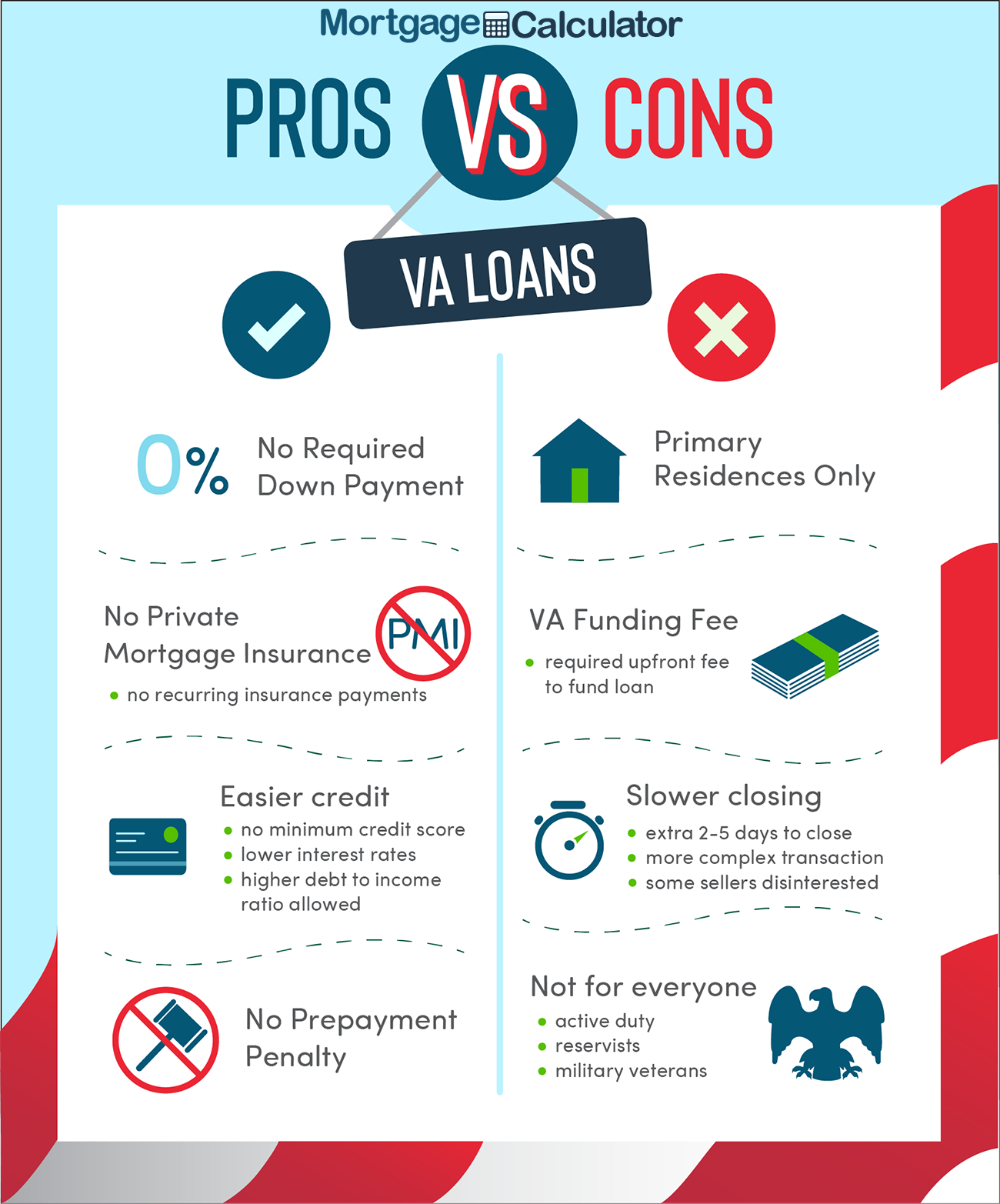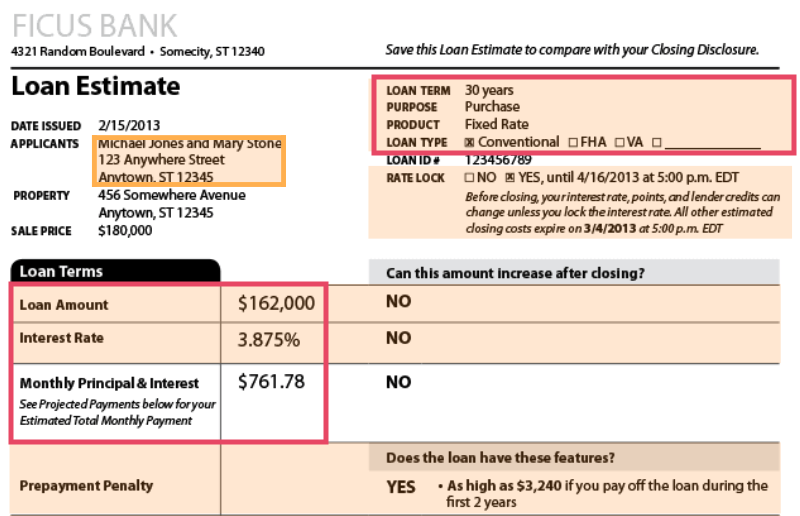The customer either has significant equity in their house (usually at least timeshare cancellation 50% of the residential or commercial property's value) or has actually paid it off completely. The borrower decides they require the liquidity that features removing equity from their house, so they deal with a reverse mortgage counselor to find a lending institution and a program.
The lender does a credit check, reviews the customer's residential or commercial property, its title and evaluated worth. If authorized, the lender funds the loan, with earnings structured as either a swelling sum, a credit line or periodic annuity payments (monthly, quarterly or every year, for instance), depending upon what the debtor picks.
Some loans have restrictions on how the funds can be used (such as for improvements or renovations), while others are unlimited. These loans last up until the debtor passes away or moves, at which time they (or their successors) can pay back the loan, or the residential or commercial property can be sold to pay back the lender.
In order to qualify for a government-sponsored reverse home loan, the youngest owner of a home being mortgaged need to be at least 62 years old. Borrowers can only obtain against their primary home and must also either own their home outright or have at least 50% equity with, at many, one primary lienin other words, customers can't have a second lien from something like a HELOC or a second mortgage.
Normally just particular types of properties receive government-backed reverse home mortgages. Eligible residential or commercial properties consist of: Single-family houses Multi-unit homes with as much as 4 units Produced houses developed after June 1976 Condos or townhomes When it comes to government-sponsored reverse mortgages, debtors likewise are required to endure an info session with an approved reverse home loan therapist.
Private reverse home loans have their own certification requirements that vary by loan provider and loan program. If you get a proprietary reverse home loan, there are no set limits on just how much you can obtain. All limits and limitations are set by specific lending institutions. Nevertheless, when utilizing a government-backed reverse mortgage program, house owners are forbidden from borrowing as much as their house's assessed worth or the FHA maximum claim quantity ($ 765,600).
Part of the home's worth is used to collateralize loan costs, and loan providers likewise typically insist on a buffer in case residential or commercial property values decrease. Loaning limitations also change based on the debtor's age and credit and also the loan's interest rate. There are two primary costs for government-backed reverse home loans: These may be repaired if you take a lump amount (with rates starting under 3.5% a rate similar to standard home loans and much lower than other house equity loan items).
7 Easy Facts About What Are The Interest Rates For Mortgages Today Shown
Federally backed reverse mortgages have a 2% in advance mortgage insurance premium and annual premiums of 0.5%. Home loan insurance is implied to protect lending institutions in case of borrower default. While reverse home loans can't generally default in the same methods as traditional mortgageswhen customers stop working to make paymentsthey can still default when owners stop working to pay home taxes or insurance or by stopping working to properly preserve their properties.
Lenders likewise typically charge other costs, consisting of for residential or commercial property appraisals, servicing/administering loans and other closing costs, such as credit check fees. Nevertheless, all expenses are usually rolled into the balance of the home mortgage, so lenders don't require to pay them out of pocket. The majority of reverse mortgages are government-insured loans. Like other government loans, like USDA or FHA loans, these products have rules that standard mortgages do not have, due to the fact that they're government-insured.
There are likewise private reverse home mortgages, which do not have the same stringent eligibility requirements or lending requirements. Single-purpose loans are typically the least costly kind of reverse home mortgage. These loans are provided by nonprofits and state and regional governments for particular purposes, which are determined by the lender. Loans may be offered for things like repairs or enhancements.

Home equity conversion home loans (HECMs) are backed by the U.S. Department of Housing and Urban Development and can be more pricey than conventional home loans. Nevertheless, loan funds can be used for simply about anything. Borrowers can choose to get their money in a number of various methods, consisting of a swelling sum, fixed month-to-month payments, a line of credit or a mix of regular payments and line of credit.

Lenders set their own eligibility requirements, rates, fees, terms and underwriting procedure. read more While these loans can be the easiest to get and the fastest to fund, they're likewise known to bring in unscrupulous specialists who utilize reverse mortgages as an opportunity to fraud unsuspecting senior citizens out of their property's equity. Reverse mortgages aren't helpful for everyone.
A reverse mortgage might make sense for: Senior citizens who are experiencing significant expenses late in life People who have actually diminished most of click here their savings and have considerable equity in their primary residences Individuals who don't have beneficiaries who care to inherit their home While there are some cases where reverse home mortgages can be useful, there are lots of reasons to prevent them (why do mortgage companies sell mortgages).
In fact, if you think you may prepare to repay your loan completely, then you might be much better off preventing reverse home mortgages altogether. Nevertheless, typically speaking, reverse home loans should be repaid when the borrower dies, moves, or offers their house. At that time, the borrowers (or their heirs) can either repay the loan and keep the residential or commercial property or offer the house and use the profits to repay the loan, with the sellers keeping any earnings that stay after the loan is repaid.
What Debt Ratio Is Acceptable For Mortgages Can Be Fun For Everyone
However a lot of the ads that customers see are for reverse home mortgages from personal companies (what is the interest rate on reverse mortgages). When working with a personal lenderor even a private company that declares to broker government loansit's crucial for borrowers to be careful. Here are some things to watch out for, according to the FBI: Don't react to unsolicited mailers or other ads Don't sign documents if you don't comprehend themconsider having them examined by a lawyer Don't accept payment for a home you don't own Watch out for anyone who says you can get something for absolutely nothing (i.e., no deposit) In a lot of cases, these frauds get unwitting house owners to get reverse home mortgages and give the cash to the scammer.
Reverse home loans aren't for everybody. In most cases, prospective borrowers might not even qualify, for instance, if they aren't over 62 or don't have significant equity in their homes. If a reverse home loan isn't right for you, there are plenty of other routes you can go to get the financing you need.
A reverse home mortgage is a home mortgage that you do not have to pay back for as long as you reside in your home. It can be paid to you in one swelling sum, as a routine month-to-month income, or at the times and in the amounts you desire. The loan and interest are paid back just when you sell your house, permanently move away, or pass away.
They are repaid completely when the last living debtor passes away, offers the home, or completely moves away. Since you make no regular monthly payments, the quantity you owe grows larger with time. By law, you can never ever owe more than your house's worth at the time the loan is repaid.